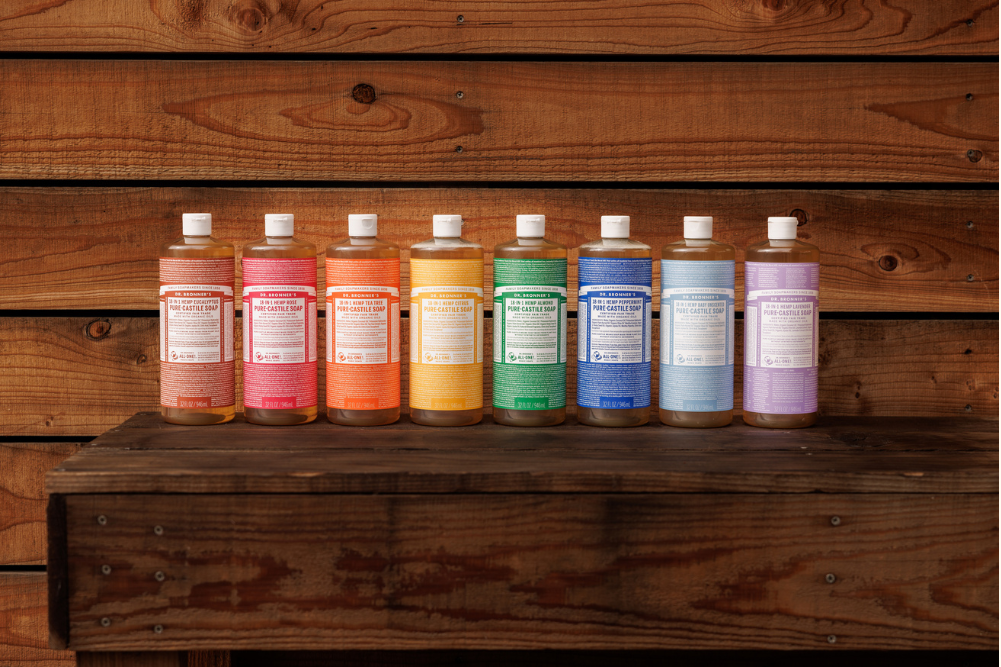Tea for low-LDL
Tea is the world’s second most popular beverage, doffing its cap only to water in the consumption stakes. To be clear, in that statement we are not talking about herbal teas made from plants such as chamomile, mint, or even nettle. By “tea†we are referring only to those three thousand varieties of tea that are made through different methods of growing and processing the leaves of the Camellia sinensis plant. “Black tea†that is consumed most commonly in countries like Australia and can be had with milk, is different from “green tea†for instance in that “green tea†is not fermented. Black, green, white, blue, and whatever other drinks spring from the tea palette, are all healthful drinks but a new study has turned the spotlight on green tea and its ability to lower your bad LDL cholesterol.
Green tea contains a range of antioxidants including catechins. Researchers recently pooled all the studies they could find on consumption of green tea and the effects on total blood cholesterol, good high-density lipoprotein (HDL) cholesterol, bad low-density lipoprotein (LDL) cholesterol, and triglycerides.
In all twenty randomised, controlled trials were analysed and the results showed that green tea as a drink or in capsule form, at a dosage providing 145mg to 3000mg per day of catechins, taken for between three and 24 weeks, led to a statistically significant drop in bad LDL cholesterol.
The drink seemed to offer slightly greater benefits than the capsule, but both forms yielded positive results. The difference might be partly due to the difference between sitting down to a cup of tea that you have prepared yourself as opposed to popping a pill.





